
Tell the truth? Have you ever taken something out of your fridge, gave it a good smell and checked the label only to find it outdated and still eaten it? The smell test seems to overrule the date stamped on the side at my house…I am one of the guilty ones. If it smells good, it must be good. Right?
While it is no big secret that there are many foods you can enjoy beyond their stamped “best before date,” expiration stretching should be more of an exception than a rule. Here are some foods that you NEVER want to eat after their expiration date – no matter how they smell.
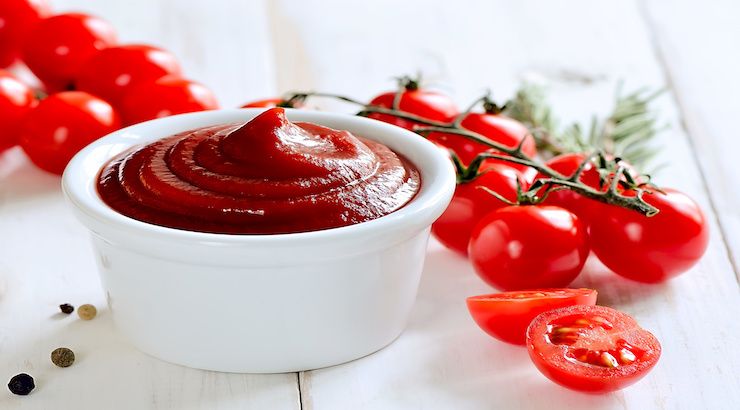
Condiments in Jars
Food stored in jars is not any safer than fresh food, don’t let the container fool you. Once the seal has been broken, it is an open invitation for bacteria. If your ketchup, mayonnaise or other condiments have water floating on top or are discolored, it is likely they are no longer safe to consume.

Cold Pressed Juice
Because fresh juice does not undergo pasteurization they should be consumed within 48-72 hours of pressing.
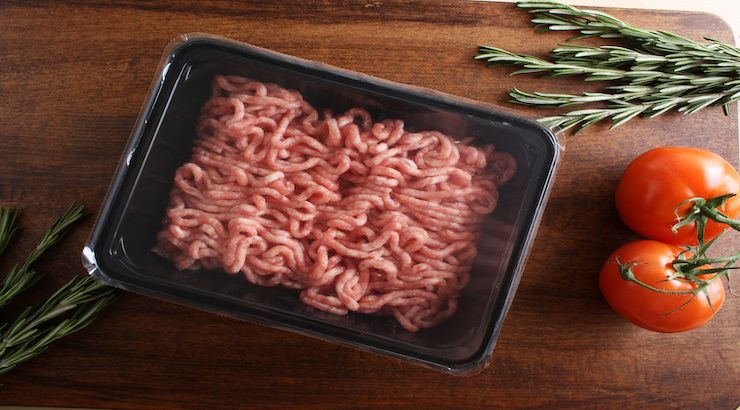
Ground Beef
Ground beef is finicky. To avoid salmonella or Staphylococcus aureus, you must monitor the expiration date on your meat like a hawk. To be safe, cook or freeze fresh meat within a day of bringing it home from the store.
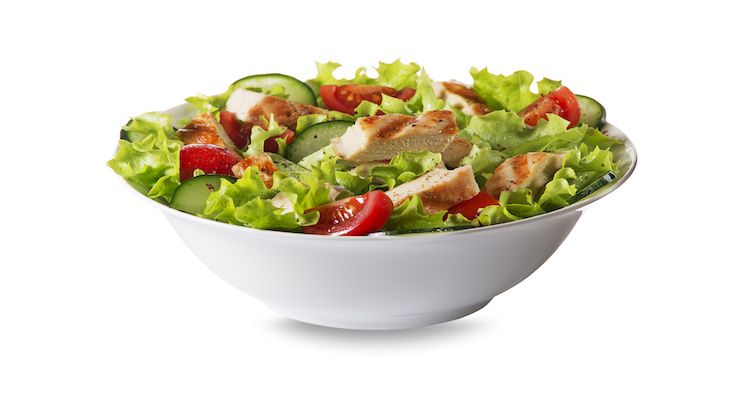
Premade Salads
Pre-made salads can be a great way to eat healthy on the go. However, it is imperative that you eat them well before their expiration date. It is possible that the salad contents were grown near contaminated water loaded with bacteria that multiply with each passing day. Besides, who like wilting lettuce?

Shrimp
Seafood, in general, is very fragile and shrimp is no exception. Sometimes you can even respect the expiration date and can run into issues. Shrimp can be poorly handled, stored or contaminated by bacteria when fished. For this reason, always eat fresh shrimp right away.
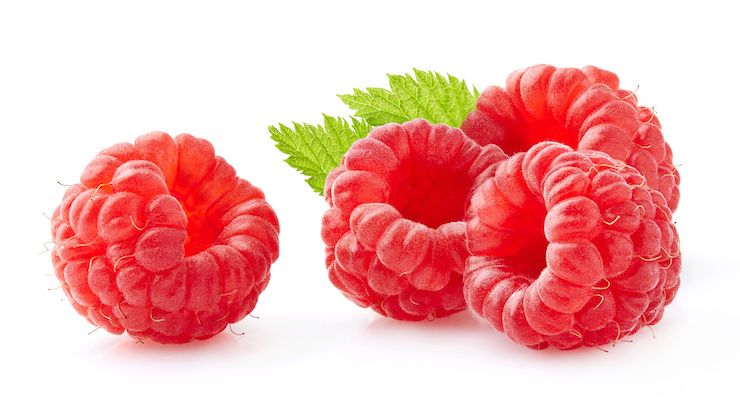
Raspberries
If you don’t want your raspberries to turn into unrecognizable mush, it is best to eat them within 24 hours of purchasing. Once the berries begin to soften, it is the perfect climate for cyclospora cayetanensis to multiply. This bacteria causes cyclosporiasis, a disease that has symptoms similar to food poisoning.

Milk
Although pasteurization takes care of the majority of bacteria in milk its possible for milk to be contaminated after pasteurization. Sometimes it is mishandled in transport or at the store where bacteria can quickly multiply. This is one time that you do want to use your nose to sniff out trouble. Bad milk might be curdled and often smells a little “off.” To avoid food poisoning, never drink outdated milk or milk that smells or looks abnormal.

Bean Sprouts
Bean sprouts can turn from good to bad quickly, especially when they are left in their sealed package. To help bean sprouts from rotting immediately, take them out of their packaging and store them in a brown paper bag. Eat within two days.

Soft Cheese
Hard cheese such as gouda and cheddar may last up to six months in the refrigerator. However, the same is not true for soft cheese like ricotta, cream cheese or goat cheese that may last up to one week in the fridge. Throw soft cheese out at the first sign of mold or as soon as the expiration date comes around.
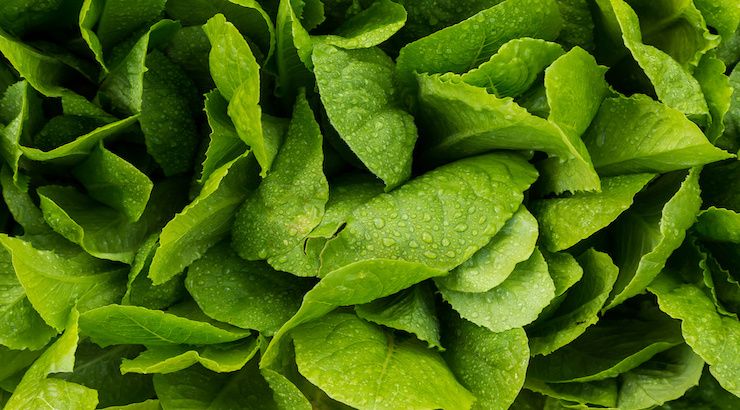
Leafy Greens
Even greens that are pre-washed can carry bacteria like E.coli – simply because so many hands touch them. Wash all greens – even prewashed greens before eating. To be safe, never eat past the expiration date.

Deli Meat
Deli meat is cold, but that does not make it immune to bacteria. Deli meat is prone to a bacteria called Listeria. Consume deli meat within 3 to 5 days of purchasing, and once you open packaged lunchmeat, it is best to eat it within five days.
Healthier Foods Spoil Quicker Than Processed Foods
As a general rule of thumb, the fresher the food, the faster it will spoil. This is a good reason to shop frequently for the healthiest and safest food. Don’t forget, while processed and packaged food may last longer than fresh food, it carries its own problems including refined sugar, lack of nutrients, flavorings, colorings, and preservatives.
-Susan Patterson

